- +91 7729822608
- drsomeswar@osmania.ac.in
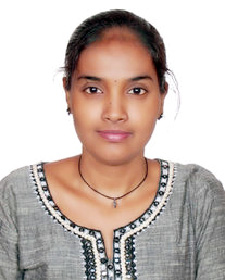
M.Sc Biotechnology, Osmania University, Hyderabad
Email ID: madhavi.mbiotech@osmania.ac.in
Thesis Title: Characterization of CDKN2BAS gene polymorphism in association with Periodontitis & Coronary Artery Disease.
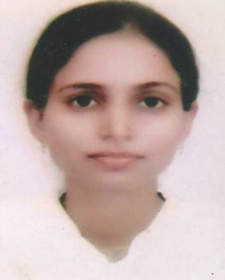
M. Sc. (Biotechnology), C.C.S. University, Meerut
Qualified: TSSET-2017, CSIR-NET-2014, APSET-2014, GATE- 2012, GRE-2010
Email ID: rahilaqureshi@yahoo.com
Thesis Title: Structural and immunological characterization of ser/thr phosphatases from Leishmania donovani.

M.S (Pharm), NIPER, Mohali
Email ID: mailme.malini5@gmail.com
Thesis Title: “Structural analysis on rationally designed Isoflavonoid derivatives in complex with Human Aldose Reductase”.
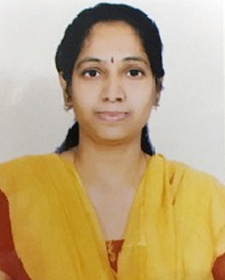
Qualified: Gate 2013-2015 (AIR-57th Rank), TS-SET/2017
Email ID: kbharathireddy@osmania.ac.in
Thesis Title: Molecular and Biophysical studies on Rice tungro virus capsid and protease proteins.
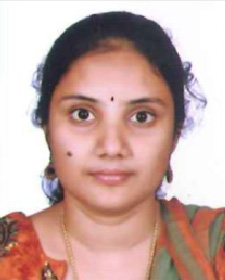
M.Sc Biotechnology, Osmania University, Hyderabad
Qualified: AP SET/ 2012
Email ID: neelima.biotechnology@gmail.com
Thesis Title: Biochemical and biophysical characterization of infectious essential hypothetical protein from Mycobacterium tuberculosis.
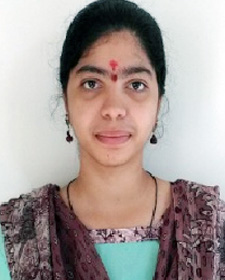
M.Sc Biotechnology, Osmania University, Hyderabad
Topper of Osmania University in 2016.
Email ID: anjini.akkiraju@osmania.ac.in
Thesis Title: Molecular insights into screening and biological evaluation of potent allosteric inhibitors targeting dengue viral NS2B/NS3 protease to inhibit the dengue viral infection.

M. Sc. (Biotechnology), Mahatma Gandhi University, Nalgonda.
Email ID: janapriya385@gmail.com
Thesis Title: “Molecular and structural insights into Nod factor receptor signaling IN CHICKPEA”

M.E Electronics& Communication Engineering, Osmania University, Hyderabad.
Email ID: bmesanjeev@gmail.com
Thesis Title: Design and Development of Electrochemical Aptasensors for detecting various antibiotics in effluent water and employing biotransformation methodsto detoxifying them.

He is working under DST SERB Project as JRF entitled as on Transient over-expression of human CD-200 gene in Nicotiana model plant and biochemical characterization of purified protein for immunotherapy.
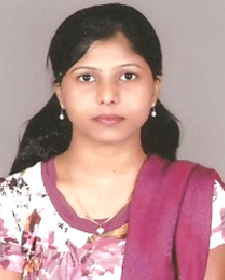
Ph.D (Zoology), Osmania University, M. Sc. Biotechnology.
Email ID: swethanagamalla@gmail.com
Project Title: Quantitative proteomic and genomic analysis reveals crosstalk response of Drought-Sensitive and Drought-Tolerant cotton Varieties Identifies Proteomic and genomic Signatures of Drought Adaptability
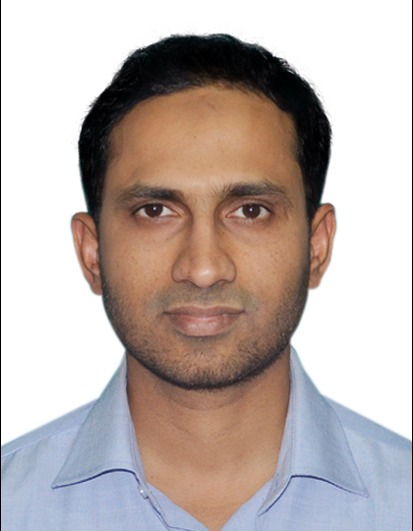
PhD (Chemistry), CSIR-Indian Institute of Chemical Technology (Research work), Osmania University (Degree Award); M.Sc. (Chemistry: Drugs & Pharmaceuticals), JNTU; B.Sc. (Chemistry, Industrial Microbiology & Botany), Osmania University
Email ID:dr.idreesmohammed@yahoo.com